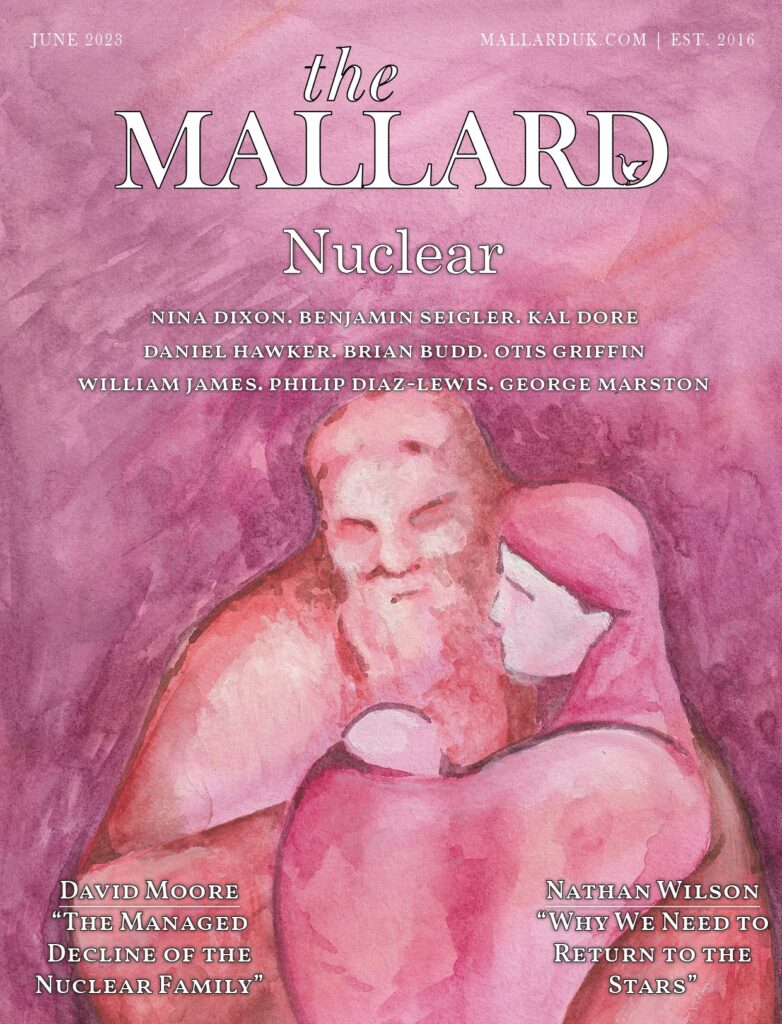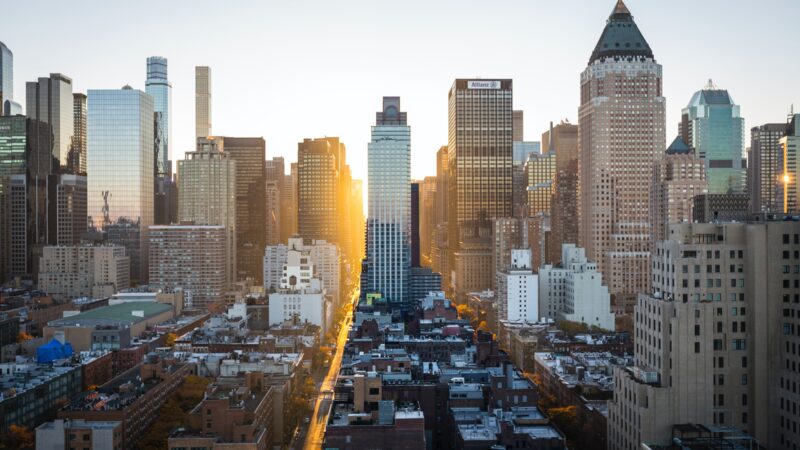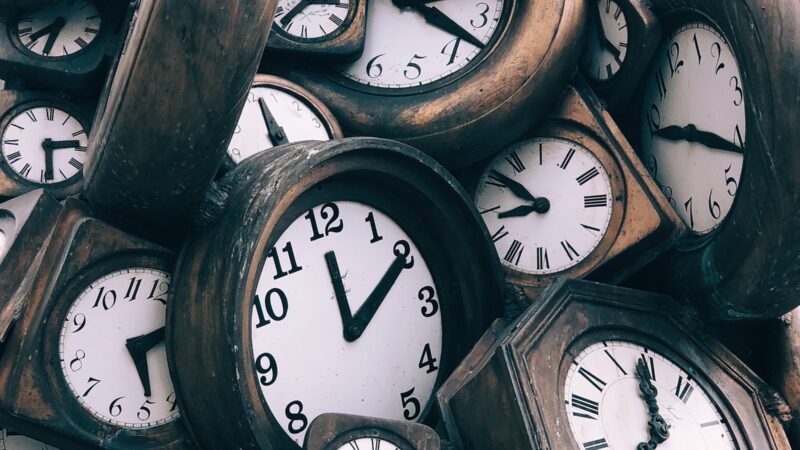Birth of the Cosmoproletariat (Magazine Excerpt)
When you hear talk of globalisation, the winners and losers have become fairly set categories: the “winners” are the hyper-mobile, global class that are capable of picking up and putting down almost anywhere, whether that is London or LA, Tokyo or Berlin, Moscow or – well, maybe not Moscow, at least not at the moment.
These winners are the beneficiaries of the most dynamic economy that has ever existed in history before, in such a way that – even if we cannot put a hard date on it – I think it is pretty clear that the modern global economy defines the contemporary era of mankind more than anything else. We are living in the “global age” and there will inevitably be those for whom that age is good.
And then there are those for whom that age is bad. These are the majority of people whose lives are usually spent in one place, from school to work and, if they’re lucky, a few years of retirement. They might be more mobile than their ancestors, for whom life was inevitably spent in the same village, whilst they travel around their county or district but, broadly speaking, never stray too far.
These are the losers, we are told. They have suffered the effects of globalisation – declining industry, evaporating investment, creaking and groaning infrastructure – but are powerless to do anything about it, as they get caught in a cycle in which power follows money and money flows away.
So why not go where the money is? Why not travel abroad, where the work is? Part of the reason is that the last thing the “losers” have left is each other. The day before the In/Out Brexit Referendum, news vox-pops of people on the street saying they would vote to Leave, when asked why, gestured and said “look around. What do I have left to lose?” The backdrop of shuttered shops and boarded windows was the answer, and it wasn’t a very compelling one.
But the answer off-screen was one that the Remain camp had tried to buy into – they had their families, their households, their communities. When David Cameron claimed Brexit would “put a bomb” under the British economy, and George Osborne’s treasury pumped out statistics on the damage it would do to the average household, they were trying to speak to the rational brain that fears material loss. It made sense – it was the same brain they had been speaking to for six years with messages of necessary spending cuts, tax breaks, and increasing job opportunities.
Except this did not work because that audience was not there. The average person did not have the material loss to be threatened, and at a time when fatherlessness was rising, families were breaking down, and over three million households were single-parent; even that small amount to lose was felt to be lost already.
The one thing that the losers had left was their community – and by and large, these were communities that had been decimated by the austerity years. So, they stayed, because their families might be thin and disappearing but their community remained fairly strong.
When Karl Marx decided that the slow transfer of people from the countryside to the cities meant that the “proletariat” would emerge, he was attempting a scientific analysis of what was already happening. As people moved from field to factory, leaving behind their old places in the world and attempting to take up new ones, they forged bonds of solidarity to replace the ones they lost. Human beings are deeply sociable, both from an inherent reality, and an existential need; we can only come into this world as a result of others, but we need to be seen and recognised while we’re here.
So, Britain especially saw the rise of industrial communities – and not just the political conscious-raising efforts of Trade Unions, for politics is tiresome and boring, really. There were also football clubs, local churches, free schools, civic action groups, and so on – in Bristol, there were 400 alone. I’m sure Marx’s miserable mind was able to only imagine the political, but in truth the personal is so much more interesting and enriching than the political. Don’t be fooled that they are the same thing.

This is an excerpt from “Nuclear”.
To continue reading, visit The Mallard’s Shopify.


